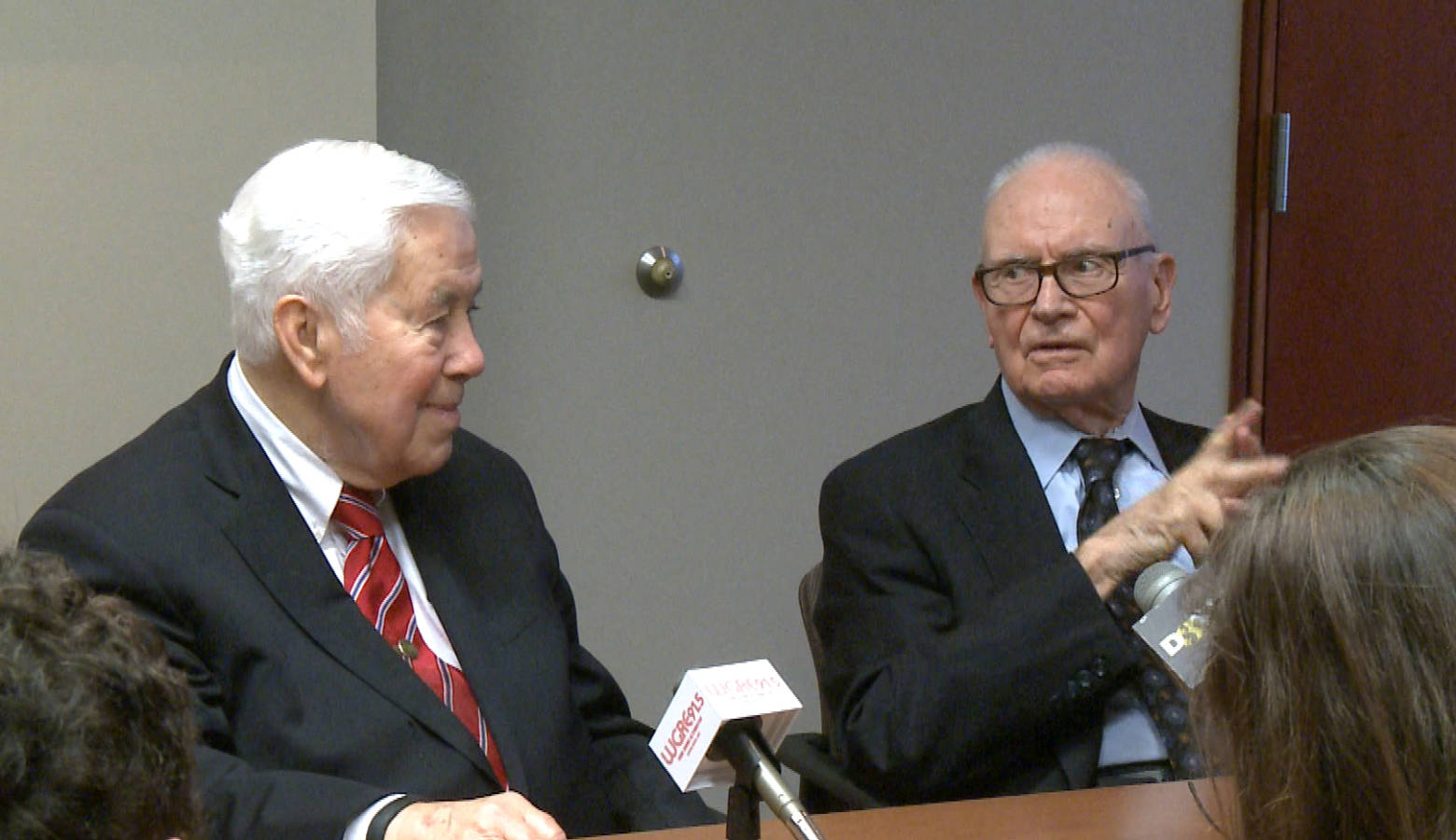Late Sen. Richard Lugar Was An Advocate For Climate Action, Renewable Energy

Former U.S. Sen. Richard Lugar (R-Ind.) is probably best known for his foreign policy efforts, but he was also a strong supporter for climate action. Lugar passed away at the age of 87 on Sunday.
At an annual foreign policy conference at Indiana University last month, Lugar said climate change deserved more of a focus.
“It seems to me so important that we try to understand what is happening, what is likely to happen, the implications for everything we do,” he said.
READ MORE: Hoosiers Reflect On Life, Legacy Of Former U.S. Senator Lugar
Lugar was particularly concerned that stress on crops caused by climate change could make it difficult to feed the world — especially with a growing population.
In 2007, Lugar created the Richard G. Lugar Center for Renewable Energy in Indianapolis, a nonprofit dedicated to research into technologies like electric cars. Lugar hoped the organization would help reduce the country’s dependence on foreign energy sources and set Indiana up as a leader in renewable energy.
According to the Center, professors with the nonprofit have started half a dozen companies in “clean tech.”
Indiana Environmental reporting is supported by the Environmental Resilience Institute, an Indiana University Grand Challenge project developing Indiana-specific projections and informed responses to problems of environmental change.
